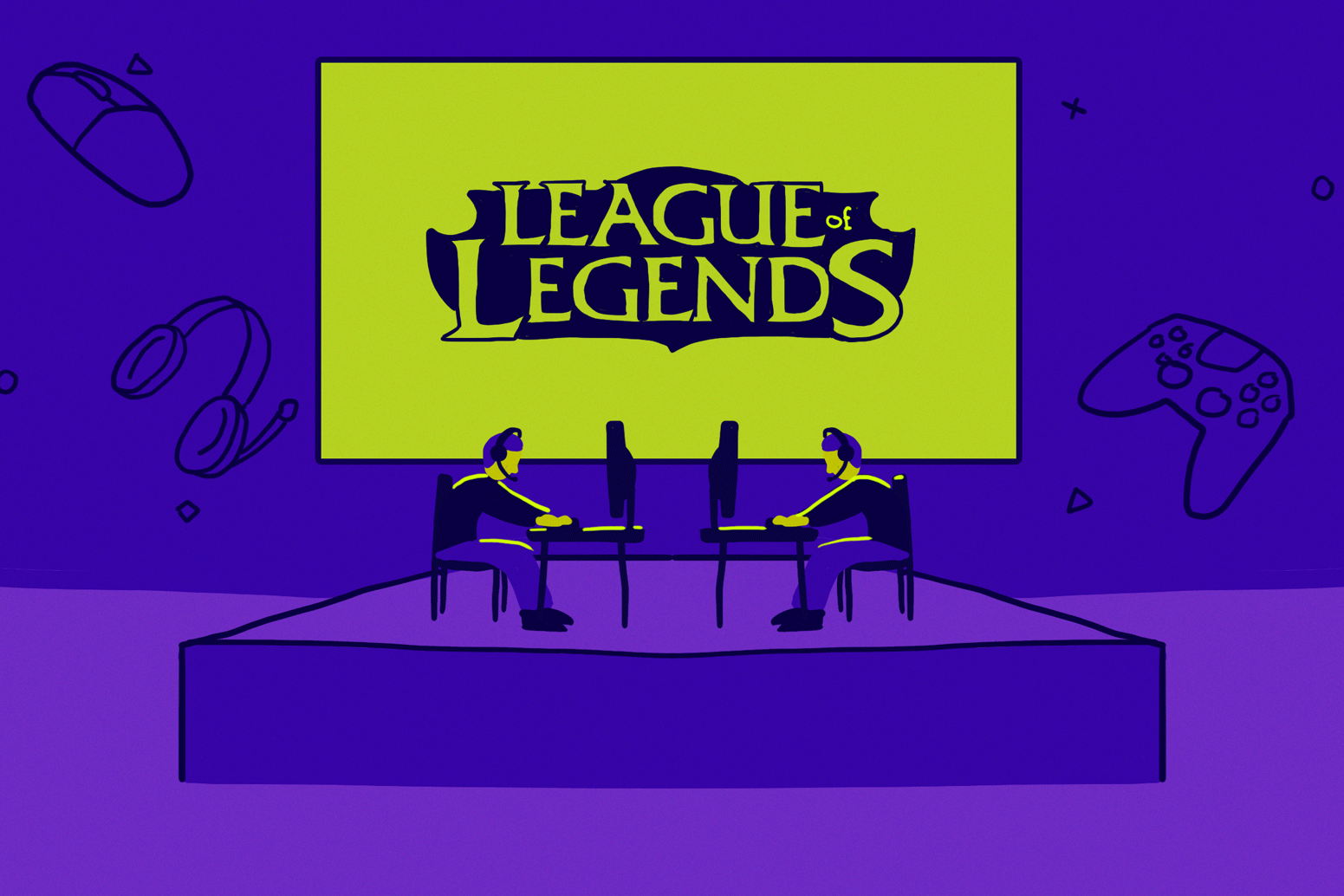Esports without in-person viewers leaves much to be desired.
The annual League of Legends World Championship is no stranger to highlights and upsets, and this year is no exception. Through two weeks of the championship, the level of competition is at an all-time high, and the record-breaking viewership numbers on the broadcast streams suggest Worlds 2020 hasn’t skipped a beat.
The COVID-19 pandemic has forced Riot Games, tournament organizers and developers of League of Legends, to proceed without fans in attendance, meaning highlights that would normally have a sell-out arena going wild are now being greeted by a deafening silence that even broadcasters struggle to fill in.
Patryk Surowiak, President of the Concordia Esports Association (CESA), believes that esports are built on fan interaction and attendance above all else, including the video games themselves.
“It’s true that at its core, esports is played on a computer at home,” Surowiak said. “But the industry has grown so much over the years, where it’s now entirely built on the fans and these in-person events that draw the attention of thousands of people from around the world.”
As President of the university’s club, created for casual or competitive gaming enthusiasts, Surowiak does a little bit of everything. He helps team coordinators get their teams and players together, helps set up the intramurals in accordance with Athletics and Recreation, and handles conversations with outside partners and sponsors.
Surowiak is also a proud and skilled gamer. He currently plays at a semi-professional level in Riot Games’ free-to-play multiplayer tactical first-person shooter Valorant, but it was the studio’s first hit game in League of Legends that captured Surowiak’s attention as a teenager back in 2012.
“I made a new friend in my first year of high school who introduced me to the game,” Surowiak said. “From there, I was instantly hooked and got really interested in the competitive side of the game, especially the professionals at the time.”
While Surowiak has broadened his gaming library over the years, he credits League of Legends for sparking his overall love for esports that has persisted to this day.
“I try my best to watch all the Worlds matches with video on demand but it’s been hard with games taking place in Shanghai,” Surowiak said. “At the end of the day it’s Worlds. I wouldn’t miss it for anything.”
While esports as a viewing product has suffered slightly from COVID-19, there has never been a better time for the industry. The practice of social distancing has forced many to sit tight in the confines of their homes, and gaming provides a convenient distraction for people looking for social interaction and competition.
Surowiak described the experience of arranging events as President of the CESA during the pandemic as difficult.
“We usually hold viewing parties for Worlds at the school, and last year over a hundred people showed up,” Surowiak said. “It was a fun event that built gaming fans, friendships, and ultimately helped grow the club.”
Instead of another year of development and growth for the club, Surowiak faced a number of unprecedented challenges. The pandemic ultimately forced him to cancel most of its 2020 events.
“At the pinnacle, esports wasn’t too heavily impacted by COVID-19,” Surowiak said. “However, for the Concordia club, it was definitely a major hurdle. The club was prepared to work with multiple new sponsors and partners that would have bolstered the Concordia esports association.”
This year, the CESA and its Rocket League team will be competing in the Ontario Post-Secondary Esports League. The Concordia team will be the only Quebec school represented in the year-long collegiate tournament that began on Oct. 5.
The eventual return to in-person normalcy will likely cause the esports’ surge to stagnate, but the industry has been forever popularized in a meaningful way. The League of Legends World Championship is drawing people’s attention more so than ever as one might expect from a year devoid of social interaction.
However, regular fans realize that this year’s tournament will be a bittersweet memory. Ultimately, no matter how spectacular the matches, viewers will remember how it could have been if not for the pandemic.
You can catch the remaining Worlds action live or on-demand at the official League of Legends esports site.
Feature graphic by Taylor Reddam
